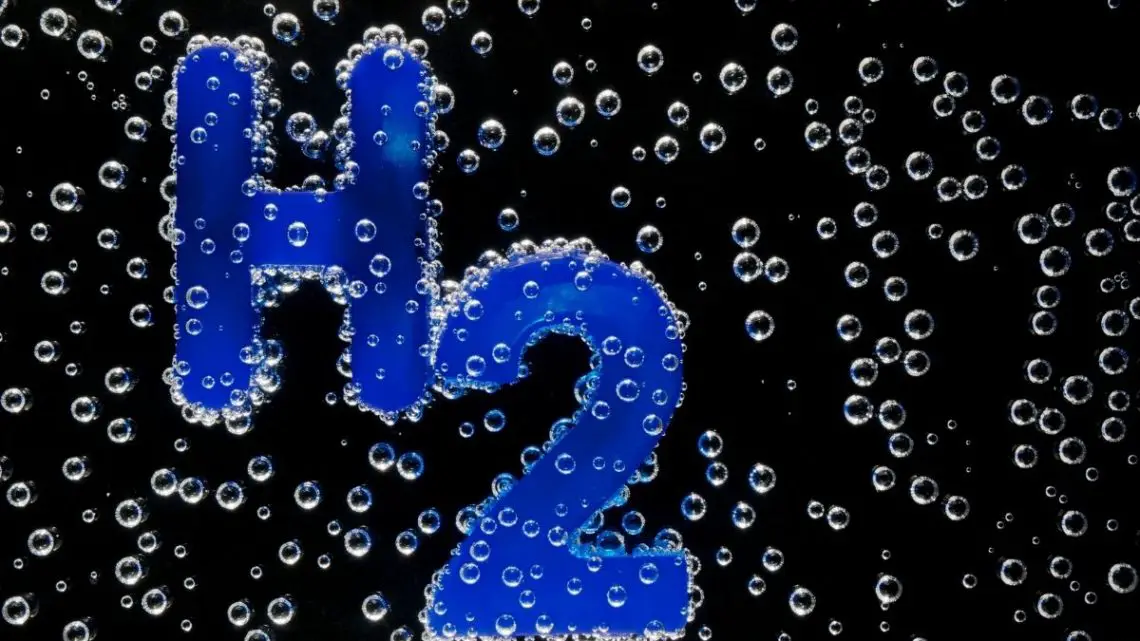
Some Surprising Uses for Hydrogen
May 18, 2022Hydrogen is one of the simplest chemical compounds out there.
In fact, of all chemical substances, it is perhaps the simplest that humans regularly use. Hydrogen takes its name from the Greek word for “water” or “liquid”; the Germans call it Wasserstoff, literally “water substance”. This gives us a clue, of course, to the most fundamental role of hydrogen – to combine with an oxygen atom and give us the most important substance on the planet, the water that we all need to live, and which makes up over 70% of our bodies.
Hydrogen, in its elemental state, is also a highly flammable material. We are all aware of the terrible Hindenburg disaster, in which the famous zeppelin exploded on account of a spark occurring during docking – this ignited the highly flammable substance used on the airship’s material which naturally led to the infamous explosion. This tragedy, well illustrates the amount of latent energy inside hydrogen, which is one of the things which gives it a great many applications (although it will be forever stored with nearby warning safety signs).
It is no surprise, then, that such a fundamental molecule (hydrogen normally appears as two hydrogen atoms bonded together as an H2 molecule) has a truly vast range of applications. Some of these you will be more than familiar with as they are a fundamental part of modern life, others are more niche and might not be quite so well known. Others still might not even be in existence yet, as hydrogen is frequently touted as a fundamental substance for all manner of new products, technologies, and energy solutions into the future. It’s been with us for all of our existence, and we’ll be making use of it for some time yet.

Hydrogen Fuel
It might have been electric cars that won the day in terms of environmentally friendly road travel, but hydrogen fuel – which produces nothing but water as a by-product – has been touted for a long time as a potential fuel source for all manner of surprising applications. And it hasn’t been defeated yet. The future of hydrogen fuel looks promising, and its day as a primary energy source might yet come. Hydrogen-powered vehicles, for example, are far from off the table, and the reason for this is that the current electric vehicles that are being rolled out across the globe have some serious challenges to overcome if they are truly to become as ubiquitous as the gas-powered vehicle has been.
For example, while the operation of an electric vehicle might produce no emissions, their manufacture, and especially the manufacture of the large li-ion batteries that power them, is very certainly not an environmentally friendly process. In fact, each stage of this process presents its own environmental challenges which are yet to be overcome. First of all, the mining of the lithium needed to produce li-ion EV batteries is an ecologically harmful process, which can damage local water supplies and is incredibly energy intensive. Furthermore, to manufacture enough batteries to completely replace the gas-powered vehicle, lithium mining will need to be stepped up, not down. Furthermore, lithium is very unevenly distributed about the world, meaning that a handful of countries have a monopoly on lithium mining. One of these countries is China, which in itself raises all sorts of geopolitical issues.
The second stage of the EV battery production process is the actual manufacture of these batteries, which is also an energy intensive and environmentally harmful process. And, finally, li-ion batteries are also exceedingly difficult to recycle – and they are currently not recycled at the rate necessary to offset environmental impact.
These challenges could be overcome, but until they are, hydrogen will remain as one of the primary contenders among alternative fuels. Actually, it is already used as a fuel in certain special applications.
Innovative Hydrogen Products
Hydrogen has had many traditional uses, which we will get onto in a moment, but it is also finding many new applications in modern science and technology, besides the fuel.
 Hydrogen Water
Hydrogen Water
Hydrogen water is a new health product that is proving exceptionally popular. But wait, doesn’t water already contain hydrogen? It certainly does but it is bonded with oxygen to make the water molecule H2O. Hydrogen water, on the other hand, contains pure hydrogen (the H2 molecule) suspended in “normal” water as gas. This has been said to have many health benefits, all revolving around the much smaller size of this molecule (hydrogen is one of the smallest molecules) and how this makes it easier to be absorbed into the bloodstream. Among the most useful benefits are more effective hydration, improved concentration, and a reduction in bodily inflammation.
Hydrogen Peroxide
Naturally, hydrogen is necessary for the manufacture of hydrogen peroxide. Most are aware of this product’s use in dying hair, but it also has applications in dental health and disinfection. In fact, as time goes on, people are finding more and more uses for this incredibly versatile compound.
Surprising Uses for Hydrogen
At the less well-known end of the spectrum, here follows some unusual, new, or innovative uses for the universe’s most basic element:
The Manufacture of Ammonia and Ethanol
Something many people do not realise when it comes to the uses for hydrogen, is that it is actually involved in the manufacture of many incredibly useful compounds not immediately identified with hydrogen itself. Ammonia and ethanol (alcohol) are two of the most useful, each having a list of applications which would simply be long to state here.
Welding
Oxyhydrogen torches, a little-known product outside of the specific industries in which it is used, is actually the most efficient welding tool out there. The energy in an oxyhydrogen torch is derived from the powerful reaction between oxygen and hydrogen.
Lifting Gas
Hydrogen is used in some contexts as a lifting gas. Helium is much denser than hydrogen, which makes it unsuitable for high-altitude ballooning (e.g., weather balloons and certain space travel devices) because of the effects of pressure. Hydrogen is still used in these contexts.
Trains
Hydrogen-powered trains are now a reality. They exist in Germany and their effectiveness is such that there are plans now to also introduce them in Great Britain, France, Italy, and Japan. In rail travel, there is also no competition from battery power.
Hydrogen use is one of the constants of all human technology and innovation. This just goes to show how fundamental to human life this substance is. There has never been a time in modern history when it has not been used and it seems like that time isn’t going to come any time soon either.



 With over 15 years of reporting hydrogen news, we are your premier source for the latest updates and insights in hydrogen and renewable energy.
With over 15 years of reporting hydrogen news, we are your premier source for the latest updates and insights in hydrogen and renewable energy.
We should not be overlooking the important positives of hydrogen. First, lots of blue hydrogen can be produced from our abundant natural gas reserves. So much in fact, that even burning it in internal combustion engines would make sense.
Second, and more importantly, our existing business model for the delivery of gasoline and diesel fuel still works for the delivery of hydrogen. Ditto for our existing natural gas pipelines. All we do is reline them with plastic inserts and send the hydrogen through. Or we could build new pipelines along the same routes using existing easements.
Third, our nuclear plants can also make lots of carbon-free hydrogen since they can supply both heat and electricity.
And talking about heat, we can now make steam to drive electric turbines by concentrating sunlight to superheat water.
Meanwhile, we will continue to make hydrogen using cheap electricity from our windmills and solar panels.